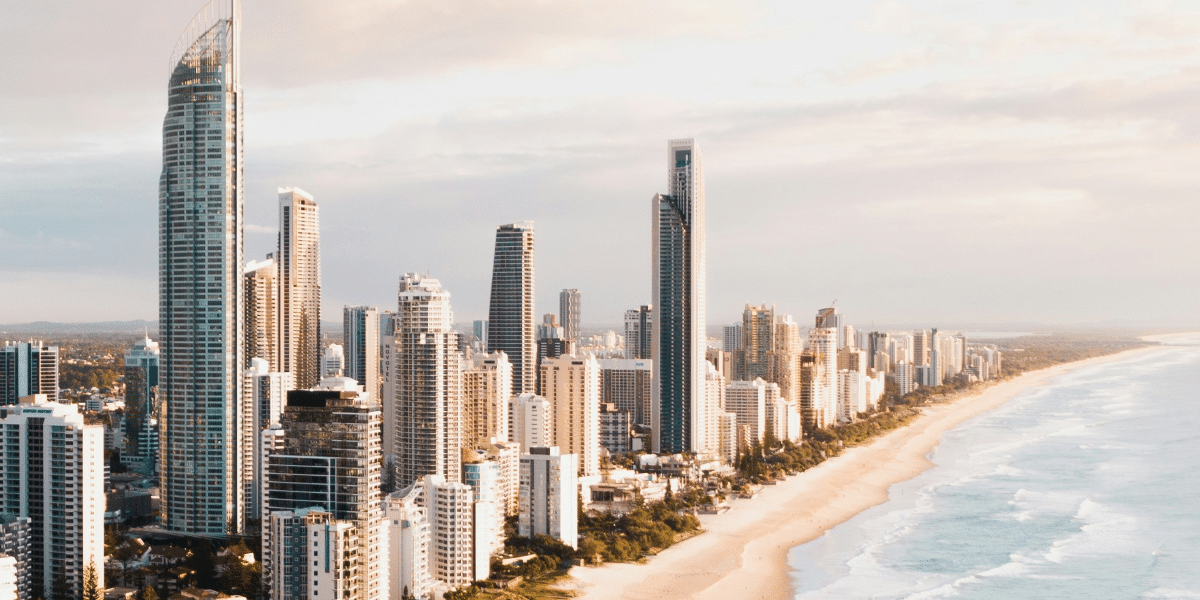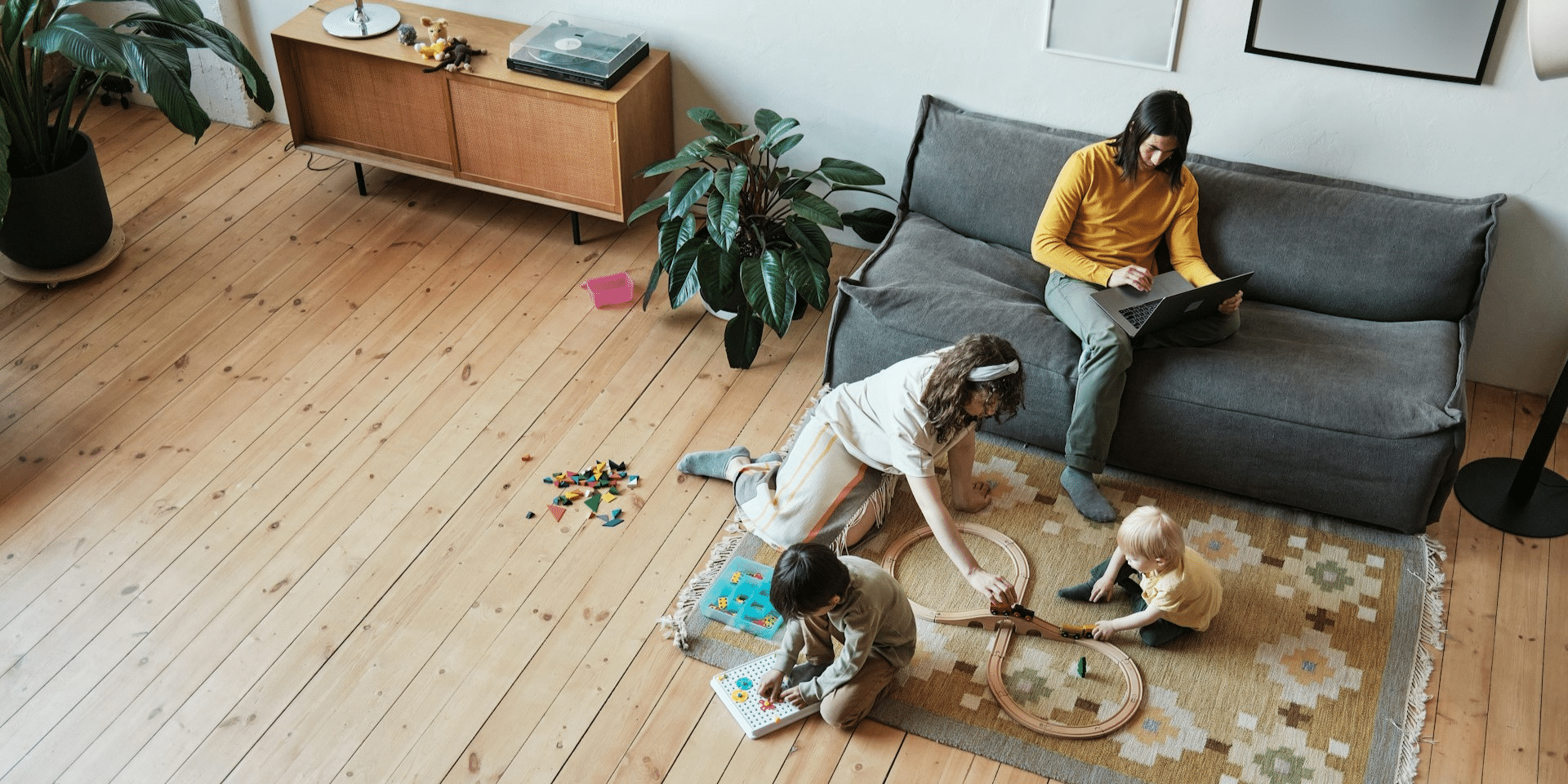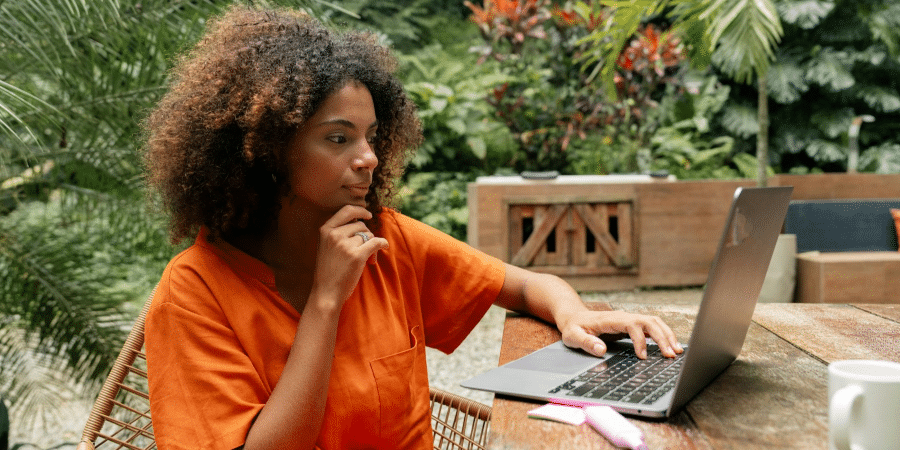By: Pam Perry
With an all-you-can-eat buffet of cooking shows on TV, foodies are still left starving for education because every “cooking show” on TV is a cooking competition these days. There are few good old-fashioned TV cooking shows where a chef simply teaches the viewer how to cook. Instead, we’re being served a steady diet of manufactured drama through these reality TV cooking competitions.
But it doesn’t have to be this way, according to Lenzy Ruffin, YouTube Cooking Show Advisor and owner of Park Road Studios. Lenzy says that gone are the days when a handful of people get to decide what and who will be on TV, and the rest of us have to just accept whatever we’re given to watch. Those days are long gone because of YouTube.
The data backs up what Lenzy says. Neilsen data shows that YouTube is the number one streaming platform on televisions in U.S. households—not Netflix. That means a chef with a YouTube channel is a chef with a cooking show on TV!
Anyone with a passion for food and teaching can continue the tradition of educational cooking shows that Julia Child pioneered decades ago—the tradition that people like Martha Stewart, Tabitha Brown, Cheron Reed, and Jessica Golden have continued.
Wait, who?
Lots of New Cooks in the TV Kitchen
Cheron Reed owns Rx Catering and uses her cooking show on YouTube to share her philosophy of cooking with love to the world. Jessica Golden uses her cooking show on YouTube to share her knowledge of plant-based cooking with the world since Jessica has been a vegetarian for decades—long before it was cool. Both Cheron and Jessica are clients of Lenzy, and their cooking shows are all about education.
So, the answer to the question of where all the cooking shows went is that they went to YouTube because YouTube is where professional chefs and skilled home cooks can create the kind of cooking shows that we all grew up watching.
It’s Not Rocket Science
Lenzy says a cooking show boils down to just one thing: you standing in front of a camera and cooking. The simplest way to get started is to just use your smartphone because today’s phone cameras deliver excellent video quality. But if you want help with launching a professional, television-quality cooking show, then you can do what Cheron and Jessica did and reach out to Lenzy.
Before the pandemic, cooking shows were just something that Lenzy dabbled in. But when the pandemic began permanently closing restaurants nationwide, Lenzy focused on teaching chefs how to generate revenue by taking their cooking skills online and getting paid to teach cooking classes.
Creating cooking shows is so much fun that Lenzy decided to make cooking shows consulting his sole focus, even after the pandemic ended. Now, he works with both professional chefs and home cooks to launch cooking shows and build them into lifestyle brands.
How to Start a Cooking Show
Treat YouTube like it’s a TV network instead of a social media platform. That means recording full-length videos in horizontal orientation so that when they’re viewed on a TV, they fill the entire screen. Don’t worry about the length of the video because there is no magic number. Some recipes will take ten minutes; others will take an hour. The people who want to learn how to make the dish will watch the entire video, no matter how long it is.
That’s true, but only if you make it easy for them to watch it on their TV. According to Lenzy, if you record a long video in vertical format, nobody is going to watch that video on their phone or on their TV.
“Another way to ensure your success is outsourcing as soon as possible,” says Lenzy. Video editing is the first major task he recommends outsourcing because it consumes so much time and does not generate revenue. It’s a necessary task but not a CEO task.
Lenzy’s primary tip for creating a successful cooking show is to make it a community effort by involving local food business owners. Instead of buying all your ingredients from the grocery store, Lenzy suggests getting as many ingredients as possible from local vendors like those at the farmer’s market. “By using local ingredients and sharing which businesses you bought them from, those business owners will want to promote your cooking show as much as you do,” says Lenzy. It becomes a community cooking show that creates a rising tide that lifts all boats. Creating something that enables a lot of people to prosper is a fast way to get a YouTube cooking channel off the ground.
Lenzy’s final piece of advice is to begin with the end in mind. If your goal is to generate revenue with your cooking show, then it’s important to define your revenue streams at the beginning and treat your cooking show like a business from the very start. Failing to do so is how so many people create large social media followings but do not make any money at all, according to Lenzy. Treat YouTube like a business from the very beginning and it will make money just like any other business.
According to Lenzy, building a paid online membership community is an excellent way to monetize a cooking show because social media has become such a toxic place that many people are looking for a safe place to learn and fellowship online. Hosting a private cooking community is an excellent way to build a business by bringing back the good old-fashioned cooking show that we all know and love.
For those with cooking skills and a passion for teaching, consider checking Lenzy’s website at www.parkroadstudios.academy or subscribe to his YouTube channel for more tips on starting your cooking show.
Connect with Lenzy Ruffin and Park Road Studios
- YouTube: Park Road Studios
- LinkedIn: Lenzy Ruffin
Published by: Holy Minoza













